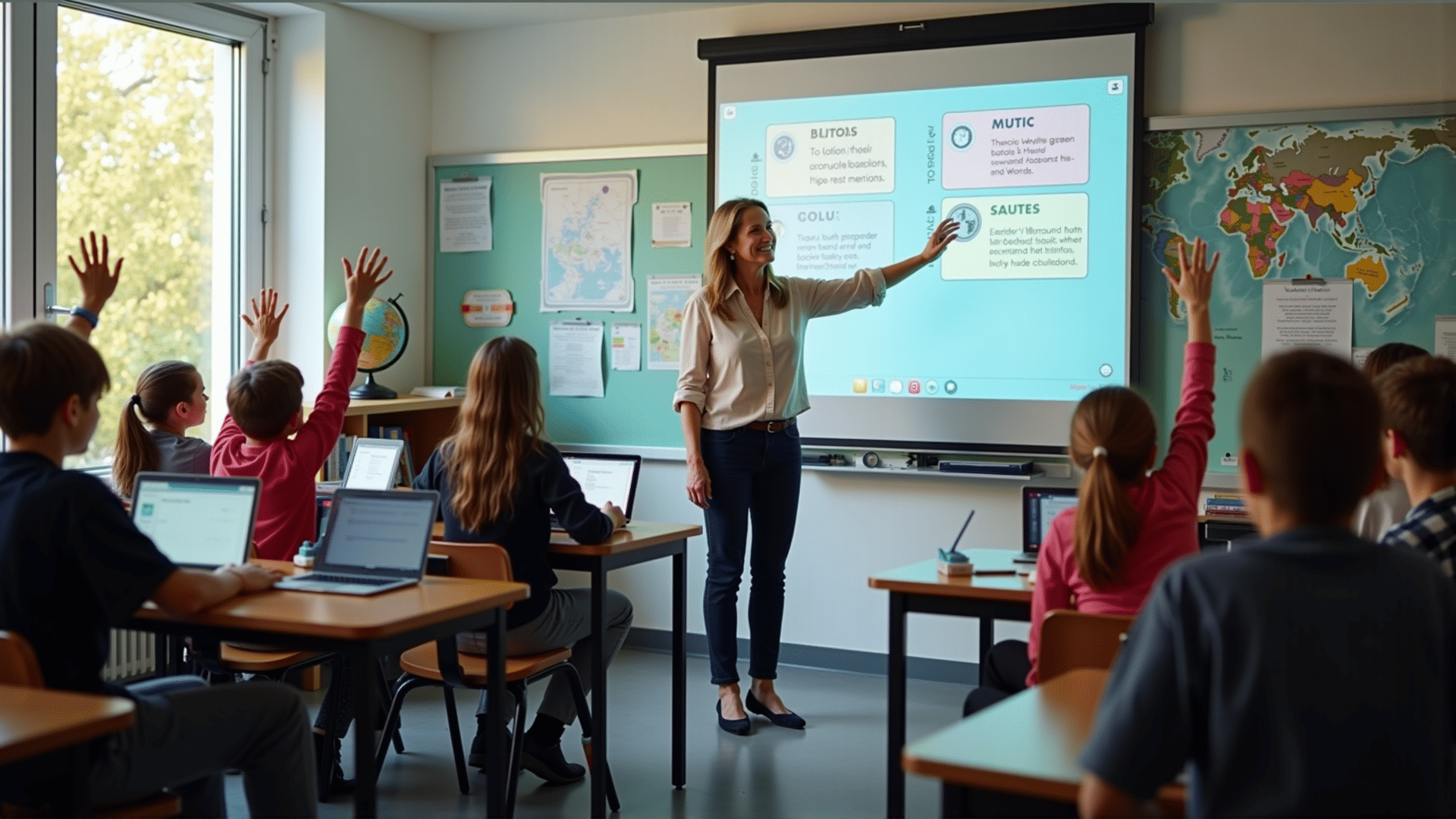In today's rapidly evolving educational landscape, teachers face the dual challenge of meeting diverse student needs while staying abreast of innovative teaching techniques. Empowering teachers with the right tools and resources is crucial to enhancing their teaching strategies and supporting student success. By embracing innovation, educators can not only improve classroom teaching but also engage students in more meaningful ways.
One of the most significant advancements in education is the integration of technology into the classroom. Digital tools such as interactive whiteboards, tablets, and learning management systems provide teachers with dynamic platforms to interact with students. These tools enable educators to create immersive learning experiences that cater to different learning styles, making lessons more engaging and effective.
Online platforms and applications have also revolutionized the way teachers plan, execute, and assess lessons. Platforms like Google Classroom and Microsoft Teams offer streamlined ways for teachers to organize content, communicate with students, and provide feedback. These tools enhance collaboration and ensure that learning is not confined to the classroom. By utilizing these platforms, teachers can better manage their workload and focus on personalized interactions with each student.
Furthermore, educational software and apps that leverage artificial intelligence offer personalized learning experiences for students. These tools analyze individual student performance and adapt content to meet their unique learning needs. This personalized approach helps teachers identify areas where students may need extra support, allowing for targeted intervention and improved learning outcomes.
Professional development is another critical component of empowering teachers. Regular training sessions and workshops on innovative teaching methodologies ensure educators are well-equipped to leverage new technologies effectively. By investing in continuous professional development, schools foster a culture of growth and adaptability among their teaching staff.
Collaborative tools and resources also play a significant role in empowering teachers. Social media platforms and online forums provide spaces for educators to share ideas, resources, and best practices. This global community enables teachers to learn from each other, exchange feedback, and collectively solve common challenges. By fostering peer-to-peer learning, teachers enrich their professional expertise and bring fresh perspectives to their classrooms.
Moreover, innovative assessment tools are transforming the way teachers evaluate student progress. Digital assessment platforms allow for the seamless collection and analysis of student data, helping educators make informed decisions about curriculum adjustments and interventions. These tools support formative assessment practices that are essential for guiding student learning and achieving academic success.
Empowering teachers with innovative tools and resources is essential for transforming education and fostering student achievement. By embracing technological advancements and prioritizing professional development, educators can develop more robust teaching strategies that cater to the diverse needs of their students. As schools continue to explore and implement these innovations, the potential for enhanced student engagement, understanding, and success becomes limitless. Empowered teachers, equipped with the right tools, are the linchpin of creating a dynamic and effective learning environment.
